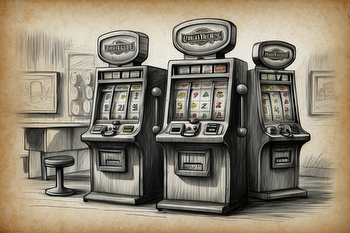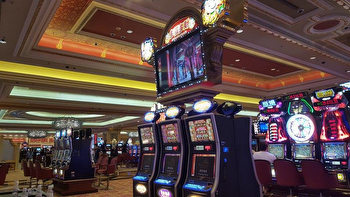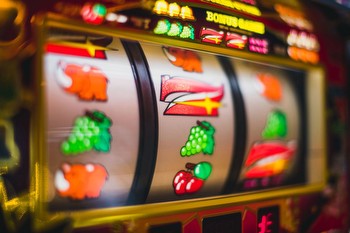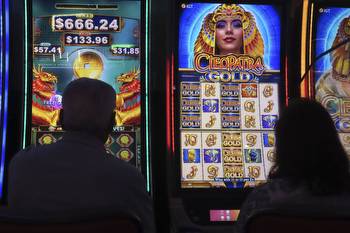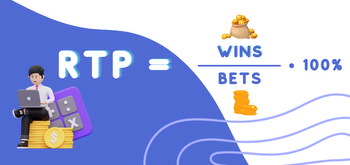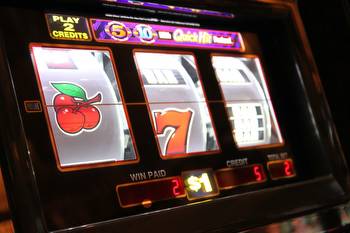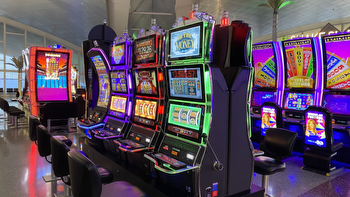What is Return to Player (RTP) in Casinos: A Comprehensive Guide

In the exciting and unpredictable world of casinos, where every roll of the dice or wheel spin can instantly change your fortunes, understanding the odds is crucial. One of the most important metrics used to determine the profitability of casino games is the Return to Player (RTP). RTP is a vital concept for both seasoned gamblers and newcomers, as it gives insight into the potential returns players can expect over time.
In this comprehensive article, we will learn about the intricate details of RTP in US-based online casino sites, exploring what it is, how it’s calculated, its significance in gambling, and how players can use this information to inform their gaming strategies.
Understanding RTP can help you make informed decisions and improve your chances of winning at the casino, whether you’re a seasoned high-roller or a novice gambler.
A Brief About What Return to Player (RTP) Is?
Return to Player (RTP) is a term commonly used in the gambling industry to describe the percentage of all the wagered money that a slot machine, table game, or any other casino game is programmed to pay back to players over time. It’s essentially the inverse of the house edge, representing the benefits of online casinos over players in a particular game.
For instance, if a slot machine has an RTP of 95%, it means that, on average, for every $100 wagered on that machine, $95 will be returned to players as winnings, while the remaining $5 represents the casino’s profit. It’s important to note that RTP is calculated over the long term and does not indicate what a player can expect to receive during a single gaming session.
How Is RTP In Casino Calculated?
The calculation of RTP is relatively straightforward and is based on the total amount of money wagered on a particular game and the total amount paid out as winnings over a specific period. Here’s the formula for calculating RTP:
\[ RTP = \left( \frac{Total Winnings}{Total Wagered} \right) \times 100 \%\]
For example, if players collectively wagered $1,000,000 on a slot machine during a month, and the total amount paid out as winnings was $950,000, then the RTP for that machine would be calculated as follows:
\[ RTP = \left( \frac{\$950,000}{\$1,000,000} \right) \times 100 \% = 95 \% \]
This indicates that the slot machine has an RTP of 95%.
The Significance Of RTP In Casino
Understanding RTP is essential for both players and casino operators. For players, it provides valuable information about the potential returns they can expect from a particular game over time. Games with higher RTPs generally offer better odds for players, as a larger percentage of the total wagers are returned as winnings.
For casino operators, RTP plays a crucial role in game selection, as it directly impacts the profitability of their offerings. By offering games with competitive RTPs, the most profitable casino games can attract more players and maintain their reputation for fairness and transparency.
Some Factors Affecting RTP In Casino
A casino game’s return to player (RTP) is not solely determined by luck. There are several factors that can influence the RTP of a casino game. These can include the game rules, the number of paylines, the payout percentages, and the game’s volatility.
Some games may have a higher RTP than others due to these factors. For instance, a game with more paylines and a higher payout percentage is likely to have a higher RTP than a game with fewer paylines and a lower payout percentage. It is important to consider these factors when choosing a casino game:
Game Design
The game’s design, including its rules, payout structure, and bonus features, can significantly impact its RTP. Games with favorable regulations and higher payout percentages tend to have higher RTPs.
Volatility
A game’s volatility, or variance, refers to the level of risk involved and the frequency and size of potential wins. Games with higher volatility typically have higher potential payouts but lower RTPs, as there may be longer stretches without significant wins.
Progressive Jackpots
Progressive jackpot games, where the prize pool increases with each wager, often have lower base game RTPs to accommodate the jackpot contributions. However, the potential for a life-changing jackpot win can offset the lower RTP for many players.
Skill vs. Luck
Games requiring more skill, such as poker or blackjack, may have higher RTPs than purely luck-based games like slots. Skilled players can influence the outcome of these games through strategic decision-making, reducing the casino’s edge.
Using RTP to Inform Casino Gaming Strategies
Understanding RTP can be invaluable for players looking to optimize their gaming experience and maximize their chances of winning. Here are some tips for using RTP to inform gaming strategies:
Choose Games Wisely
Look for games with higher RTPs, which offer better odds and a higher likelihood of long-term profitability. Online casinos often provide RTP information for their games, making it easier for players to compare and choose the most favorable options.
Manage Bankroll
Understanding RTP can help players manage their bankroll more effectively by choosing games with lower house edges and adjusting their wagering strategies accordingly. Players can mitigate risk and prolong their gaming sessions by spreading out their bets across multiple games with different RTPs.
Consider Volatility
Take into account the volatility of a game when selecting it for play. High-volatility games may offer the potential for large payouts but can also result in significant losses during dry spells. Adjust your bankroll and betting strategy based on your risk tolerance and preferences.
Practice Responsible Gambling
While RTP provides valuable insights into the odds of winning, it’s essential to remember that gambling should always be approached responsibly. Set limits on your gaming sessions and stick to a predetermined budget to avoid chasing losses or gambling more than you can afford to lose.
Final Thoughts: Return To Player (RTP) in Online Gambling
Return to Player (RTP) is a fundamental concept in casinos, providing valuable insight into the potential returns players can expect from various games over time.
By understanding RTP and its significance, players can make more informed decisions when choosing which games to play, how to manage their bankroll, and when to adjust their betting strategies.
Whether you’re a seasoned gambler or a casual player, incorporating RTP into your gaming strategy can help enhance your overall experience and maximize your chances of success in the exciting world of casino gaming.











